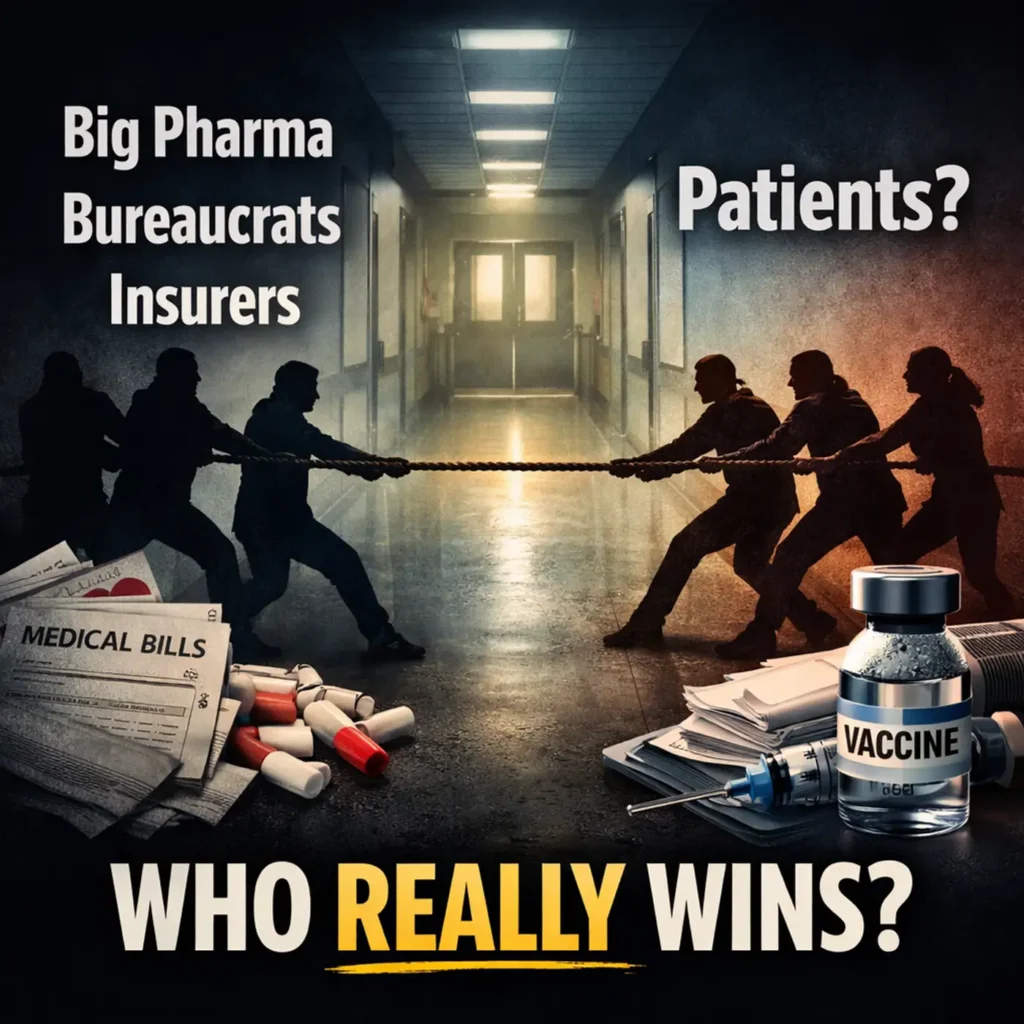A bill proposed by State Rep. Juan Candelaria, D-New Haven, would impose a new tax on sugary drinks and candy in Connecticut, directing the additional revenue toward childhood obesity prevention, state college and university scholarships, and state subsidization of municipal budgets.
Creighton University Assistant Professor of Economics Michael Thomas says these taxes are less effective in changing people’s behavior than politicians may hope.
“I think that, in basic economic textbooks where we teach the principles, we often say, ‘Look, this is what happens when you put a tax on it: it changes the behavior,'” he said. “But there are a lot of assumptions that we hold constant when we present that information.
“When you actually make policy, you can’t just assume that you’re going to have the effect you want. You have to think about what the effects actually are,” Thomas said.
‘Paying More for the Same’
A further complicating factor is many people don’t have much choice in what to buy.
“In the instance of taxes on junk food, one of the things you want to consider is that there are areas in a city where there are no grocery stores,” Thomas explained. “The predictive effect is, ‘I’ll tax sugary food so people will instead buy fruits and vegetables. Instead of potato chips, people are going to eat apple slices.’ Well, what if it takes you an hour and a half to get to the closest grocery store that has apples? What’s going to change when you tax junk food?”
“If you’re going to your local 7-11, that’s your local grocery story. If you’re buying chips, now they have a tax on them. Now you’re just paying more for the same behavior,” Thomas said.
Inelastic Demand
Christopher Snowdon, director of lifestyle economics at the Institute of Economic Affairs, agrees sin taxes have a minimal effect on consumer behavior.
“Taxes on sugary drinks haven’t had any effect on obesity anywhere in the world,” he said. “There’s little reason to think that Connecticut will be any different. People are not very responsive to price rises on food and drink.
“Groceries are usually the last part of the budget they are prepared to cut, and they can always shop at cheaper stores and buy cheaper brands,” he explained
Stealth Taxes, Not Health Taxes
“For this reason, taxes of this sort should be seen as stealth taxes rather than health-related taxes,” Snowdon said. “[New Haven Mayor Toni] Harp says, ‘I’m hoping that people don’t think of it as a tax but as a public health initiative.’ The fact is, it’s a tax, and taxes should be efficient, effective, and fair. Taxes on food and drink are none of these. They are regressive, expensive, and almost completely useless as public health initiatives,” he said.
‘Revenue Generator’
Snowdon says he suspects an ulterior motive behind the proposed sugar tax.
“A 2 percent tax is small enough to go largely unnoticed by consumers, but large enough to bring in significant revenue for the government. France and some U.S. states have a similarly small tax on soda, and it has worked as a revenue generator, without having much of an effect on sales, let alone on obesity,” he said.
Jeff Reynolds ([email protected]) writes from Portland, Oregon.
Internet Info:
“Non-Linear Effects of Soda Taxes on Consumption and Weight Outcomes,” Jason M. Fletcher, et al., http://www.heartland.org/policy-documents/non-linear-effects-soda-taxes-consumption-and-weight-outcomes/




